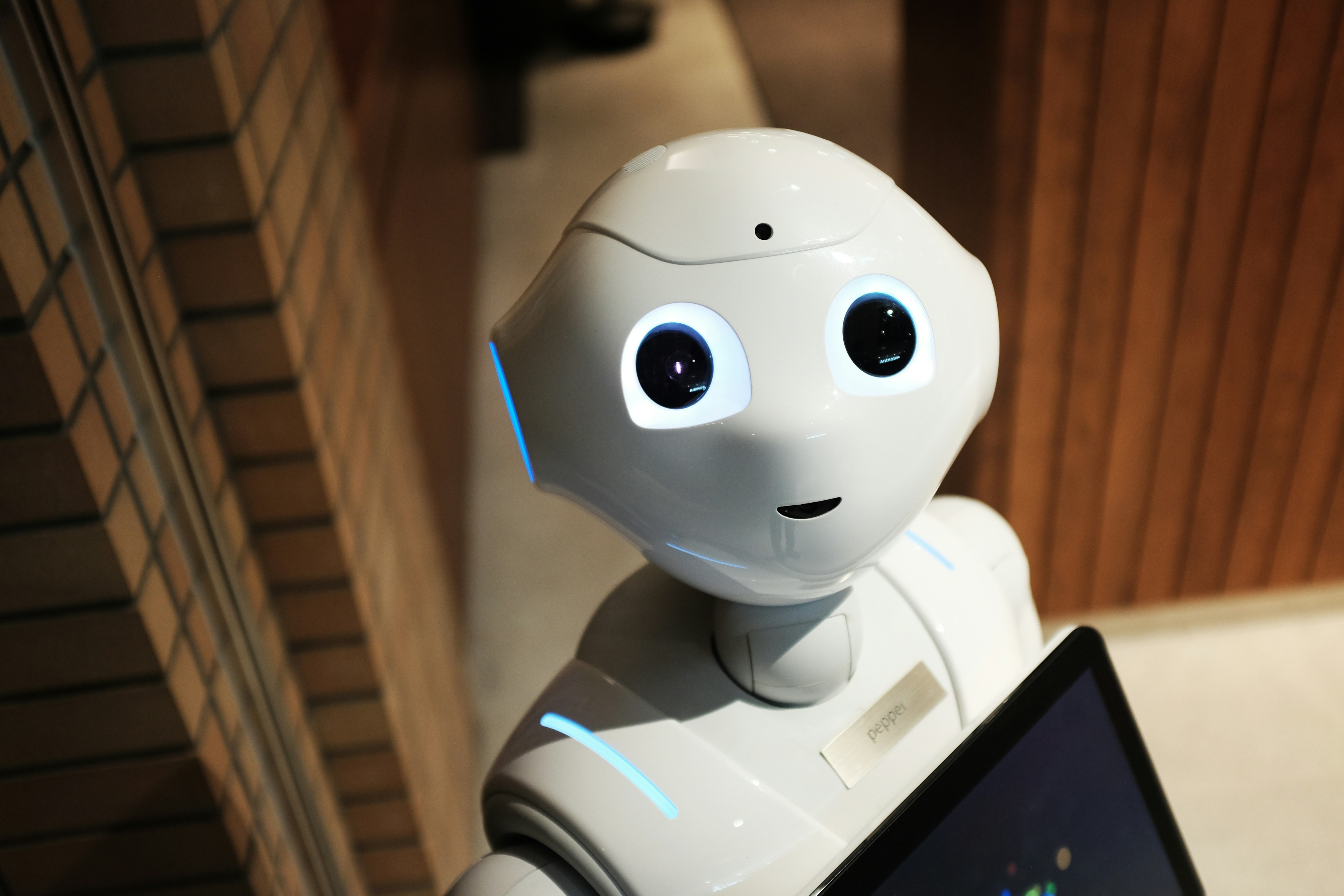Learning That Adapts to You
Adaptive learning technology represents a paradigm shift from one-size-fits-all education to truly personalized learning experiences that adjust in real-time to student needs, preferences, and progress.
The Science of Adaptive Learning
Adaptive learning systems are built on principles from cognitive science, learning theory, and artificial intelligence. They continuously collect data about student interactions and use this information to modify the learning experience.
How Adaptive Systems Work
- Assessment: Continuous evaluation of student knowledge and skills
- Analysis: AI algorithms process performance data
- Adaptation: Content and difficulty adjust automatically
- Optimization: System learns from student responses to improve
Types of Adaptations
Content Adaptation
- Different explanations for different learning styles
- Alternative examples and analogies
- Multiple representation formats (visual, auditory, kinesthetic)
Difficulty Adaptation
- Dynamic difficulty adjustment based on performance
- Scaffolding support for struggling students
- Advanced challenges for quick learners
Pacing Adaptation
- Faster progression for students who demonstrate mastery
- Additional practice time for those who need it
- Flexible scheduling based on optimal learning times
Benefits of Adaptive Learning
- Increased Engagement: Content stays appropriately challenging
- Improved Outcomes: Personalization leads to better learning results
- Efficient Use of Time: Students focus on what they need to learn
- Reduced Frustration: Avoids both boredom and overwhelm
Implementation Challenges
While powerful, adaptive learning systems require significant technological infrastructure, quality content development, and teacher training to implement effectively.
The Future of Adaptive Learning
Emerging technologies like machine learning, natural language processing, and affective computing will make adaptive learning systems even more sophisticated and responsive to student needs.


